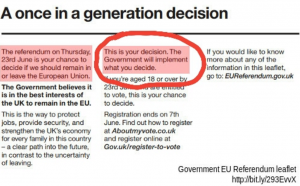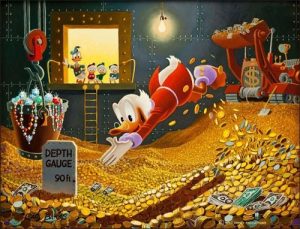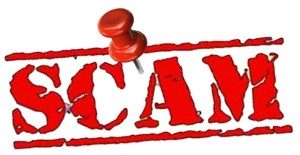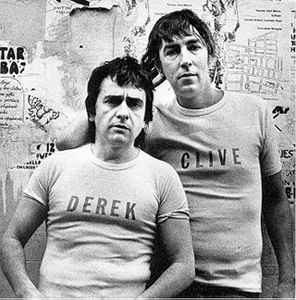
So here we are, the 23rd of June. Memorable for certain reasons, firstly for “hell I was basting in my own sweat this time last year, where’s the damn summer gone?” but most importantly for being the 3rd anniversary of Great Britain’s Referendum on EU membership in which it was announced (on the 24th naturally) that the people of Great Britain had voted “leave” by 52%.
Yet we have been betrayed by our political “elite” ever since that day. I’m used to people arguing about results of elections/referendums/votes, after all who can forget Charlotte Church screaming down the Tories after the 2015 General Election? Yet these sort of demonstrations usually fade away and life goes on and the vote is respected. Not so with the EU Referendum alas, it has been a 3 year onslaught of constant betrayals, remainer spin, media bias and a never-ending attempt to derail what was, a majority vote, eg the “vox populi”.
Academically my background is primarily psychology, in particular mental health and psychology of religion (a sort of unknown nobody version of Jordan Peterson, lol!) but it wasn’t always so. Before returning to university, despite having more than adequate qualifications to go straight into university, I did opt to go back to college for a year just to be sure I “was ready” for it and I’m glad I did, for I studied a range of disciplines including politics and economics. The history of politics is fascinating and in this particular scenario the history of democracy.
Basically we have the Greeks to thank for it and the word democracy itself comes from Greek and means “rule by people”. In modern democracy we elect people to represent us and they follow the will of the people (aka the “vox populi“, a Latin phrase meaning “voice of the people”). Now pragmatically our elected leaders (Parliament in the case of the United Kingdom) can’t keep going to the public and saying “do we do this or that or something else?” so we only give those “people” a voice for the really “big stuff”, be it via the opportunity to elect new leaders (a General Election) or on important issues via a referendum. “Do we stay in the EU yes/no?” certainly comes under “big stuff”, ergo a referendum was held and rightly so.
Some facts to consider:
Before the referendum we were constantly assured our vote “counts”.
- June 2015 our MPs voted in support of the referendum by 544 to 43.
- Every single eligible voter was sent a card (I believe the government called it a referendum leaflet or something like that).
- In the 2017 General Election both Conservative and Labour stood on manifesto COMMITMENTS to implement the Brexit referendum result and leave the EU and all its associated “stuff” such as the Customs Union and the Single Market etc.
- Jeremy Corbyn’s Labour promised “to respect the result of the referendum” and that “the freedom of movement would end once we leave the EU”.
- Our Prime Minister (then, she is soon to be a mere blip in history) said she would negotiate hard with the EU, she would be “that difficult woman”, she also said “no deal is better than a bad deal”, she said “Brexit is Brexit” (whatever that’s supposed to impute).
- Theresa May publicly declared we are leaving the EU no less than 108 times.
- March 29th 2019, the “leave the EU” deadline came and went, still no Brexit ….
- The “deal” Theresa May did bring forward was a disgrace, an embarassment, a surrender to the EU.
This has been betrayal after betrayal, a constant barrage of defeat snapped from the jaws of victory if you will. We now have a “deadline” of October the 31st (Halloween and the day after my birthday!).
I make no secret of the fact I voted to leave, for a number of reasons, some not the usual reasons of the MAJORITY, some in common with the majority. But EVEN if I had voted remain I would be pushing for us to leave. Why? Because this is not about “nobody voted to be poorer”, this is not about “but the economy”, this is not about “but British Aerospace jobs”. This is about everything our political system is built on, the very democratic foundation of the way the country is run. Let’s be honest, despite being a democracy, the people’s voices aren’t “heard”, the people are, for the most part, ignored by the “elites” in Parliament. To not enact the will of a majority vote of the people is just totally and utterly WRONG, on so many levels and one step towards a dictatorship. Think I’m exaggerating? Hardly, in a dictatorship the “leaders” get to do what they want and “sod everyone else”, are we not edging ever closer to that if we ignore the referendum result?
It’s time now to be “blunt”, the United Kingdom needs to “sh*t and get off the pot” and just leave the EU and be done with it.
Steve






